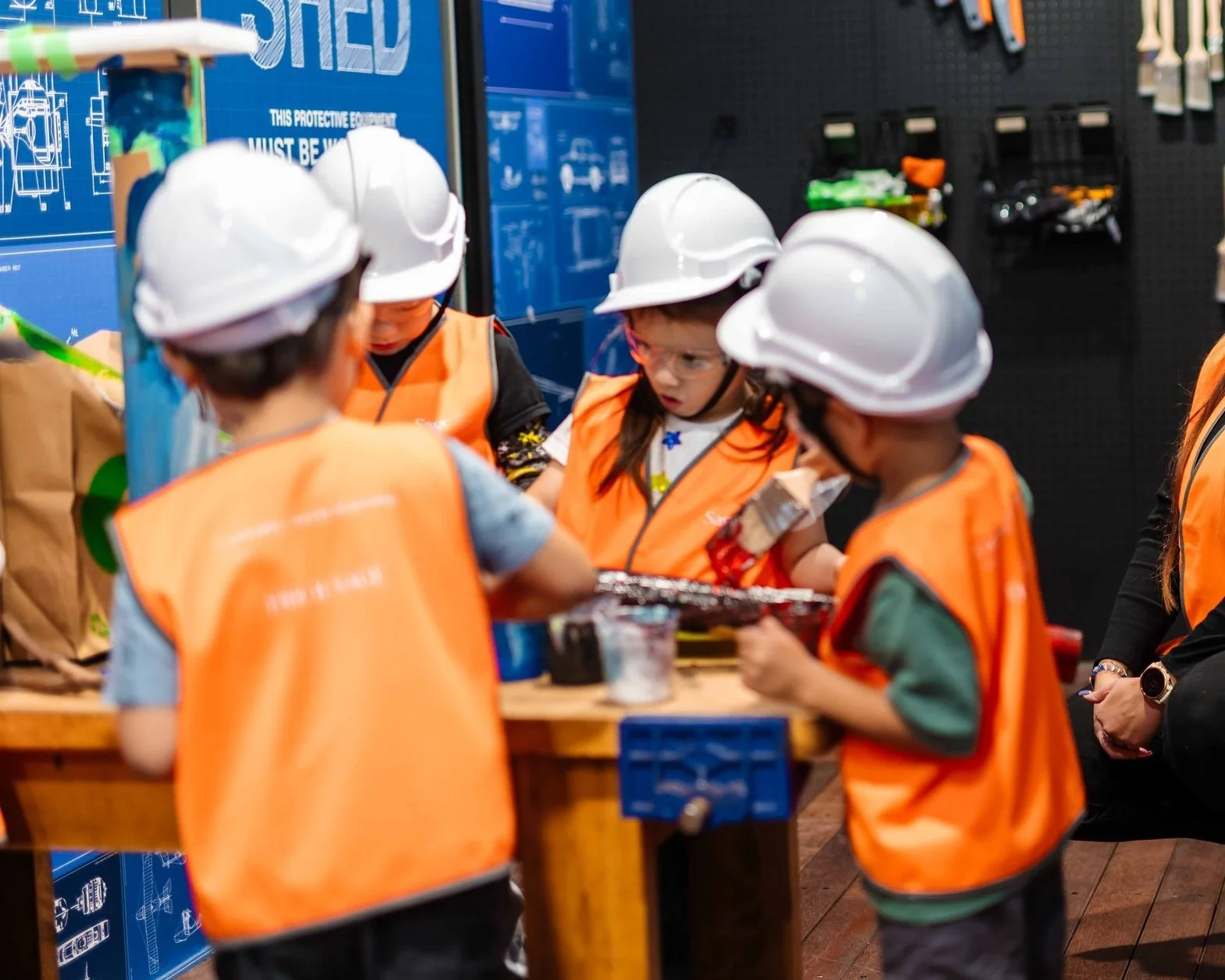Why Social Settings in Early Childhood Matter
As adults, we may notice that we act and behave differently depending on where we are and who we are around. From home, to work, to spending time with friends, we may adapt our behaviour according to our social setting. An early childhood setting is a different setting to home. Similar to adults, child often act or behave in ways different to how they present at home. In an early childhood setting, there are many other children and adults outside of a child’s immediate family. Children carefully navigate their way through the social world of childcare and master a variety of invaluable social skills that will lay the foundation for socialising and maintaining relationships into adulthood.
One of the main benefits of children attending early learning centre is the social interaction and the development of social skills. Childcare provides a unique, diverse and dynamic environment where children learn and play alongside each other, follow daily routines, participate in planned and spontaneous learning experiences, and learn about rules and expectations.
Here are some of the social skills that children will learn and develop in and early education centre setting.
- Communication: through play and daily interactions with peers and educators, children will learn how to effectively communicate both verbally and non-verbally. They will develop confidence in expressing their needs, thoughts, feelings and ideas. They will develop an understanding of tone of voice, volume, body language, manners, and facial expressions. They will also learn how to actively listen to others and respond appropriately.
- Cooperation: group activities and projects encourage children to collaborate and cooperate to achieve goals. They begin to learn about teamwork and how to help and support each other to accomplish tasks. Educators demonstrate cooperative behaviours such as sharing and turn taking, teaching them how to effectively work alongside each other and contribute to a group.
- Conflict Resolution: children begin to understand that disagreements can occur when interacting with others. They will learn that not everything goes their way and often disagreements need to be managed, and solutions need to be found. They will learn to negotiate and express their needs and feelings, while learning about empathy as they start to understand the feelings of others.
- Making friends: children will become familiar with their peers in childcare. They will start to play alongside them and gradually engage in play with them. They will start to enjoy the company of certain children and will learn how to maintain these relationships. This may involve initiating conversations, sharing interests, showing care and attention, and being kind and helping others. Educators will support children to develop friendships by role modelling and demonstrating the behaviours of a good friend, and by addressing behaviours that may harm friendships. An early childhood setting is a great opportunity for children to practice building friendships in preparation for starting school.
At Sage, we believe in providing a nurturing environment to support children develop social skills to lay the foundation for lifelong success existing in a social world. We understand the importance of social confidence and resilience in forming healthy relationships and long-term emotional wellbeing.
Children working together on a project in the Sage Shed.

